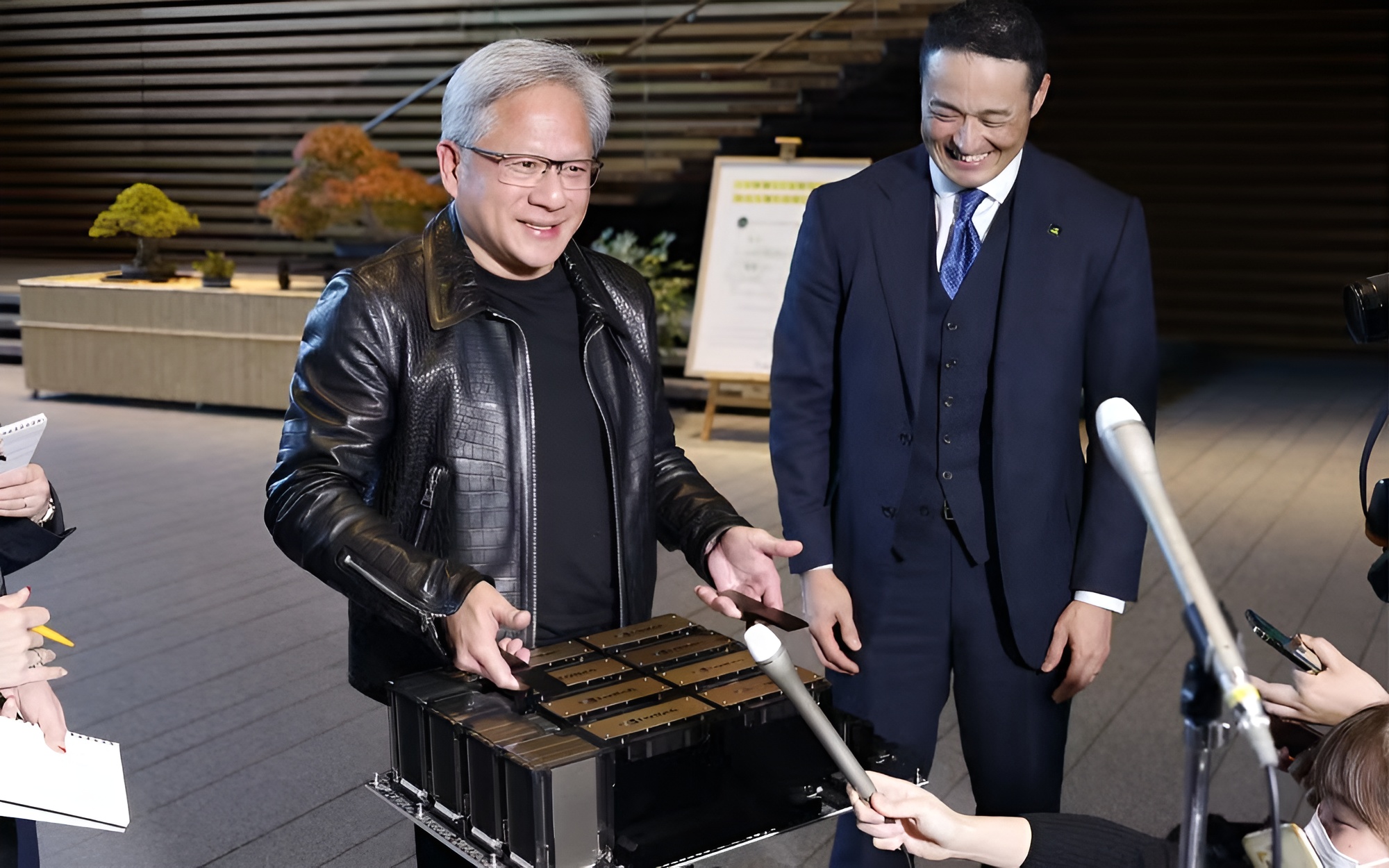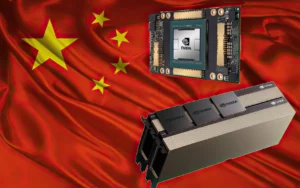Introduction:
In a landmark collaboration, Nvidia, the leading designer of artificial intelligence chips, is teaming up with Japan’s National Institute of Advanced Industrial Science and Technology (AIST) to develop a cutting-edge hybrid supercomputer.
Goal: Develop a supercomputer that merges traditional and quantum computing technologies (ABCI-Q stands for AI Bridging Cloud Initiative for Quantum).
Nvidia’s Role: Contribute their powerful graphics processing units (GPUs) to the project and provide quantum computing software accessible via a cloud service.
Benefits: This hybrid approach is expected to address complex computational tasks in fields like drug discovery and logistics optimization, while mitigating the error-prone nature of quantum computers on their own.
This partnership marks a significant stride in the realm of quantum computing, promising to revolutionize the way researchers and companies approach complex computational challenges.
Follow us on Linkedin for everything around Semiconductors & AI
Background:
Japan has been at the forefront of technological innovation for decades, with a strong emphasis on advancing scientific research and development.
Recognizing the potential of quantum computing to drive breakthroughs in various fields, AIST initiated the creation of a quantum-AI hybrid cloud system named ABCI-Q, as part of the nation’s quantum computing initiative.

This ambitious project aims to harness the power of quantum computing while leveraging artificial intelligence capabilities to address real-world problems.
Read More:AI 10X Boost: US Deploys First Large-Scale System in Venado Supercomputer with Nvidia – techovedas
Nvidia’s Role:
As a pioneer in AI chip design, Nvidia brings unparalleled expertise and resources to the table.
The company is not only supplying graphic processing units (GPUs) to the ABCI-Q system but also providing quantum computing software through a cloud service.
This strategic partnership underscores Nvidia’s commitment to pushing the boundaries of computing technology. It is collaborating with global stakeholders to drive innovation.
Read More: Micron Unveils QLC NAND SSD with More than 200 Layers – techovedas
Technical Details:
The hybrid supercomputer being developed will integrate quantum computing with conventional supercomputing architecture.
By combining the strengths of both systems, researchers can tackle complex problems that are beyond the capabilities of traditional computers.
Nvidia’s quantum computing software, built on its extensive experience in AI and high-performance computing. It will enhance the performance and reliability of the system, enabling users to explore new frontiers in computational science.
Read More: 7 Indian Companies Powering Tesla’s Auto Revolution – techovedas
Financial Support:
The collaboration between Nvidia and AIST is backed by substantial financial support from both parties.
Nvidia is investing significant resources into the project, including funding for research and development, infrastructure, and technical expertise.
This investment reflects the company’s long-term commitment to advancing quantum computing and its potential applications in various industries.
Read More: Taiwan Hit By Dozens Of Earthquakes Upto 6.3 Magnitude: TSMC Evacuates – techovedas
Technical Support:
In addition to financial backing, Nvidia is providing extensive technical support to ensure the success of the project.
The company’s team of experts is collaborating closely with AIST researchers to fine-tune the system’s architecture. It is optimize software algorithms, and address any technical challenges that may arise.
This collaborative approach is essential for realizing the full potential of the hybrid supercomputer and maximizing its performance.
Read More:8 Major Resources to Master Neuromorphic Computing – techovedas
Potential Applications:
The ABCI-Q system holds immense promise for a wide range of applications, including drug research, logistics optimization, and climate modeling.
By harnessing the power of quantum computing, researchers can simulate molecular structures more accurately, leading to the discovery of new drugs and materials with potential therapeutic benefits.
Additionally, the system’s AI capabilities can optimize supply chain logistics, predict weather patterns, and analyze large datasets to extract valuable insights, contributing to sustainability efforts and driving innovation across various industries.
Conclusion:
The collaboration between Nvidia and Japan’s AIST represents a significant milestone in the advancement of quantum computing technology.
By combining their respective strengths and resources, the two entities are poised to build a revolutionary hybrid supercomputer that will shape the future of computational science.




